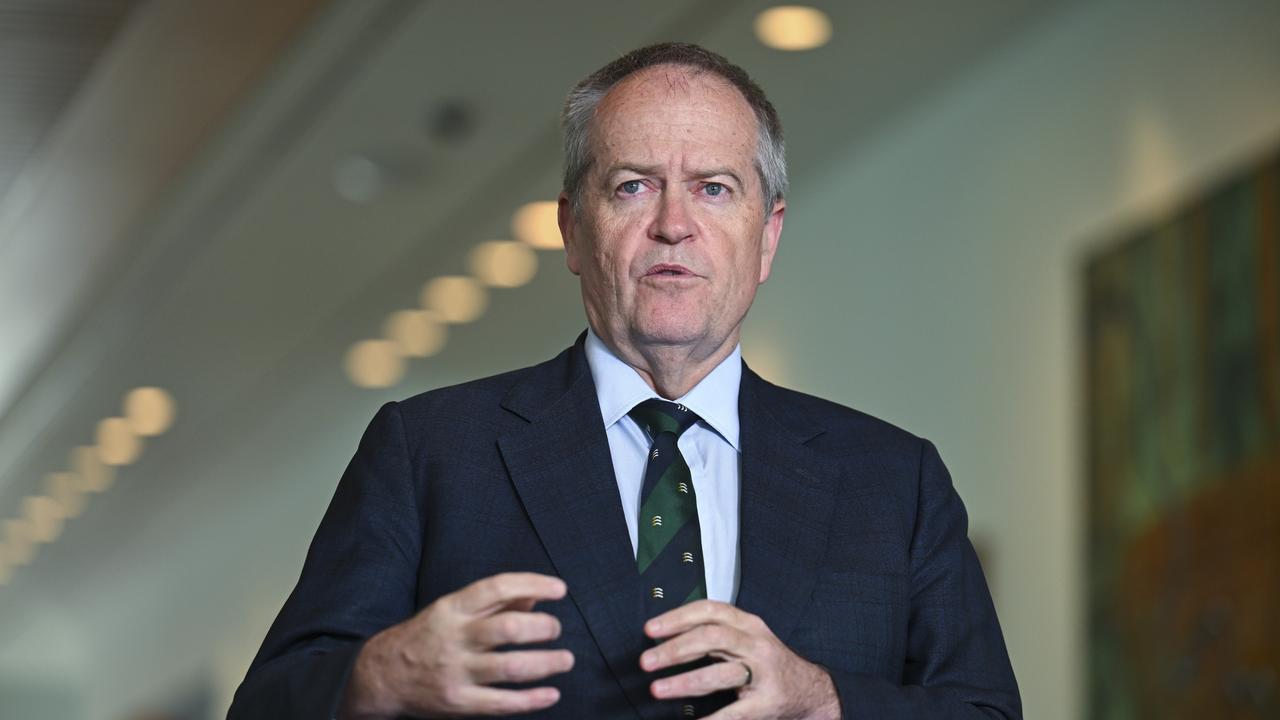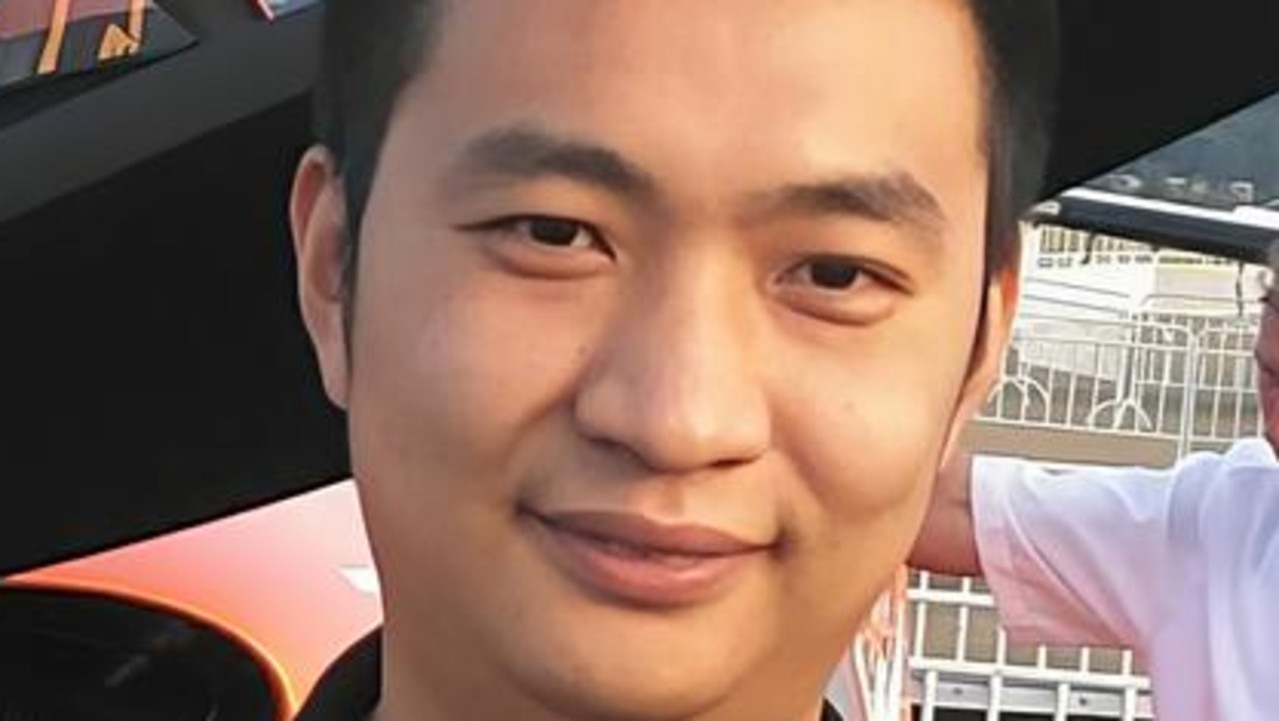Policy reversal sees Labor wind back its own university red tape
THE Gillard government will deregulate high-performing universities, in a policy U-turn to be announced this morning.
THE Gillard government will deregulate high-performing universities, in a policy U-turn to be announced this morning.
The decision reverses Labor's policy of increasing the numbers of students universities can accept but at the price of intense examination of course quality and adherence to government policy.
"It will ensure more of the government's record investment is directed at student tuition than administration," Tertiary Education Minister Craig Emerson said.
"We have listened to vice-chancellors' concerns about the cost of regulatory compliance and reporting. There is a constant need for vigilance to prevent the imposition of requirements that might unnecessarily lead to duplication and inefficiency."
Dr Emerson also signalled the potential for a two-tier higher education system where "high-performing universities" would be exempt from government regulation in terms of finances and, crucially, course quality, while other universities remained subject to public sector scrutiny.
The move is a response to warnings from vice-chancellors and peak body Universities Australia that universities are spending 60,000 staff hours and hundreds of millions of dollars providing often redundant data to state and federal governments.
This move will be particularly welcomed by the Group of Eight elite universities, which campaign against what they say is unnecessary intrusion in their teaching and research.
Concern at government intrusion is common across the university system. UA chief Belinda Robinson said removing "the groaning burden of red tape" was welcome in the context of Dr Emerson stripping $900 million out of universities last month as an efficiency dividend.
"Efficiency goes both ways; universities can make efficiency gains but it does not help when they are burdened with $280m in annual compliance costs," she said.
The move radically repudiates previous Labor policy, which created a powerful independent agency - the Tertiary Education Quality and Standards Agency - to oversee governance and academic standards in universities.
The agency is widely criticised for its forensic focus on university standards and operations.
Dr Emerson has appointed a two-person panel - Australian National University regulation expert Valerie Braithwaite and Kwong Lee Dow - to review the existing regulatory burden and advise on its reduction.
Professor Lee Dow, a former University of Melbourne vice-chancellor, is a bipartisan veteran of higher education reform, best known for serving on the Howard government's West Review, which advocated a student voucher system for universities.
They will be assisted by TEQSA chief Carol Nicholl, who the government says will advise on how to "ameliorate concerns about red tape".
According to Professor Lee Dow, a first report will be complete before the government goes into caretaker mode in the lead-up to the election.


